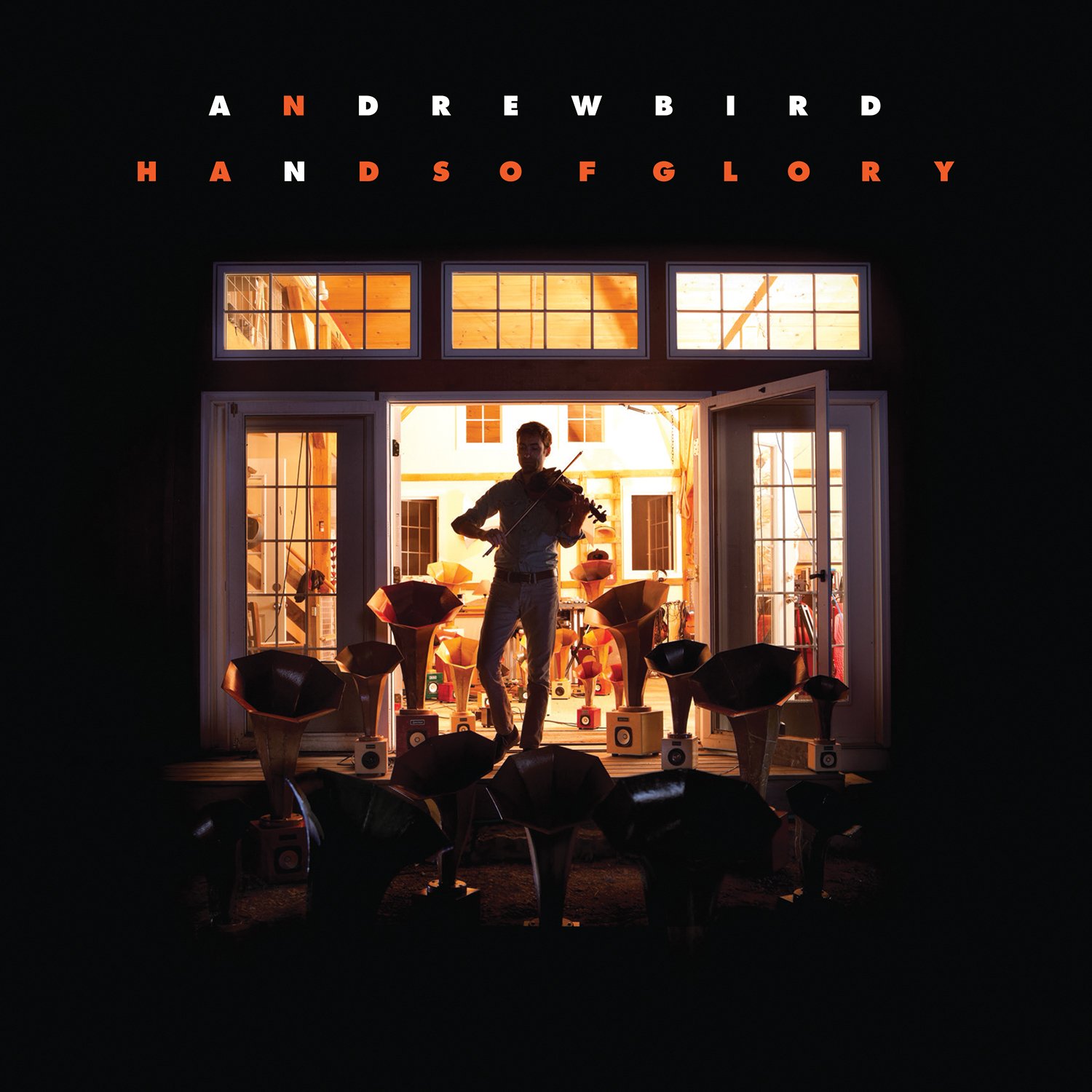Andrew Bird seems to have a near addiction to recording equipment. He has churned out album after album, releasing at least one a year through the last decade. For many artists, this would result in a plethora of mediocre releases, but Bird has shown his apparent incapability of releasing sub-par material. On Oct. 30, Bird released “Hands of Glory” as a companion EP to “Break It Yourself,” an album that received rave reviews when it released last March. “Hands of Glory” is made up of eight songs, including originals, covers of classic country tunes and some new renditions of tracks from “Break It Yourself.”
Similar to last album, yet still its own entity
The tracks found on “Hands of Glory” are sonically similar to those found on “Break It Yourself.” The eight tracks were recorded live in the same fashion as “Break It Yourself,” with Bird and his band huddled around a single microphone in a barn. That organic aesthetic definitely comes through on these tracks.
The album opens with “Three White Horses,” an original track that sounds like a perfect extension to its predecessor. The song sounds as if it could have been written a century ago, yet is also beautifully modern, with tasteful, reverby electric guitar. This continues Bird’s recent stripped down musical approach. In earlier work, he was known to use mass amounts of overdubbing, looping and other audio wizardry. This approach shows the true beauty of simplicity.
The next track is a new rendition of the old Handsome Family song “When That Helicopter Comes” done in classic Bird fashion, with reverb and violin swells aplenty topped by his silky smooth vocals. Bird covers this song flawlessly, harkening to the original but still adding his own personal sound to the song to give it new life.
“Railroad Bill,” a Lonnie Donegan classic, showcases Bird’s fiddling prowess. The song brings to mind an old school hootenanny. You can almost see Bird and his band of folksters playing the night away in their quaint barn. The track “If I Needed You” follows in a similar fashion. The song is another country classic, backed by Bird’s iconic strumming of his violin like a guitar, giving the song a truly unique sound.
Last few songs are mellow and smooth
The EP begins winding down with “Orpheo,” a beautiful reimagining of the track “Orpheo Looks Back.” In this simple folk song with a lovely melody, Bird croons “You say you don’t love / you say you don’t love / ‘cause it’ll disappear.” This song is truly emotive; its melody comforts the listener and gives them a sense of hope.
The album concludes with a nine-minute epic called “Beyond The Valley of the Three White Horses.” On this track, Bird showcases his talent on the violin, and also his pitch-perfect whistling.
Many critics have dismissed this release as a mere counterpart to “Break It Yourself,” saying that its contents should have just been the bonus tracks on a deluxe edition of the album. I must respectfully disagree. This album, though similar to its predecessor, has a tone all its own and works beautifully as a stand-alone release. The country covers are placed perfectly and provide a cohesive sound with the original tracks. Andrew Bird continues to prove that the folk genre is not dead, and with every release there is new breath breathed into the sometimes repetitive and stale genre. He also continues reinventing his own sound, playing what seems to be every conceivable sound on his violin. At other times, he strips down his music to a more bare bones level to show the true power of the songs themselves rather than just the studio effects. After this strong release, I have no trouble believing that Bird’s next effort will be another beautiful addition to a nearly flawless discography.







